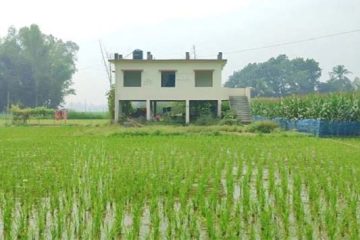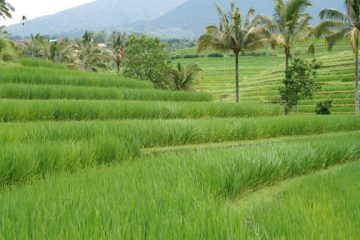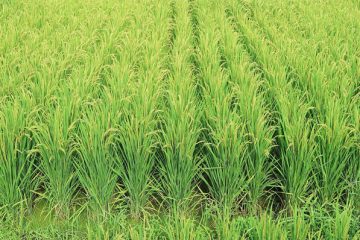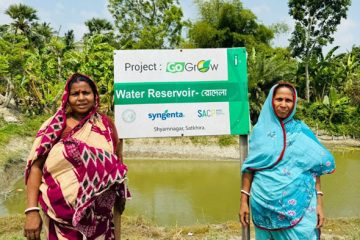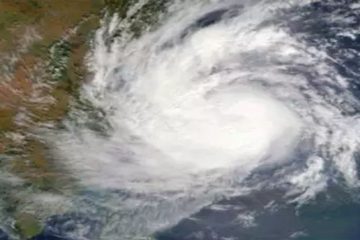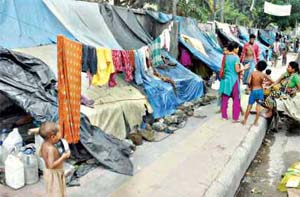 In Arabic Eid means ‘festivity’. Eid-ul-Fitr, the biggest religious festival of the Muslims, is observed after a month-long ‘siam’ (fasting). Although Eid is all about feast and festivity, it does not carry the same meaning for the poor and homeless.
In Arabic Eid means ‘festivity’. Eid-ul-Fitr, the biggest religious festival of the Muslims, is observed after a month-long ‘siam’ (fasting). Although Eid is all about feast and festivity, it does not carry the same meaning for the poor and homeless.
On the day of Eid, people traditionally wear new clothes, eat delicacies, and enjoy the day with their family and friends, while many poor people in the country virtually starve on the day. Wearing of new clothes on the Eid day is a daydream for them.
Jamila Khatun, who lives with a quite big family on the footpath at Palashi in Azimpur, told New Age that she did not even think of buying new clothes for her children.
‘The money I earn from domestic work is not enough even to meet the expense for food. How can I buy them new dresses?’
Shumi Begum, another woman living on Palashi footpath along with about 15 families from poverty-stricken northern districts like Bogra, Kurigram, Dinajpur and Panchagar, has forgotten when she last bought new dresses for her children. Many Eids have passed off silently without any changes in Shumi’s condition.
Abul Kalam, a homeless man in Tejgaon, whose family live on begging, said Eid brings nothing new to them. ‘I forgot many years back what Eid is’.
He said that Eid brings joy and happiness only for the rich. But his 12-year-old son Amjad Ali will have some joy on Eid day as he has collected some special food items from the houses of some rich people.
Amjad, a domestic help in a private house in Tejgaon, has a long cherished dream to wear jeans and t-shirt. This time he thought that he should buy his cherished clothes.
He told New Age that he saved Tk 300 for celebrating Eid. ‘I wanted to buy jeans and a shirt for this Eid but I do not know whether I can do that with this money’.
Another floating woman Zahura Khatun, who also lives on a pavement in Tejgaon, saved some money to feed her children some good food on Eid day.
Zahura plans to cook pilaf and chicken curry for her children as her family’s Eid celebration is limited to having some cooked rice with meat.
Shefali Begum, who lives in the Begunbari slum in Tejgaon, earns Tk 50 a day by breaking bricks. ‘l don’t know what food I will prepare for my kids with this small amount of money. I would be happy if I could prepare khichuri (kedgeree) and chicken curry for them,’ she said with a beaming face.
Abdul Kader, a dishwasher of a restaurant in Tejgaon, told New Age that he got his job a month ago that earns him Tk 70 a day.
‘I have no idea how to celebrate Eid as I have to support a family of eight with this small income’, he added.
14-year-old Kulsum Banu, who sells flowers at Shahbagh traffic signal, said shyly that she could save some money this month for celebrating Eid with her family members.
‘I want to prepare some good food for my parents as they are unable to do any work due to disability’, she added.
Eid brings every year joy and happiness to most of the people in the society, but it means nothing to these hapless people.
Courtesy of New Age

